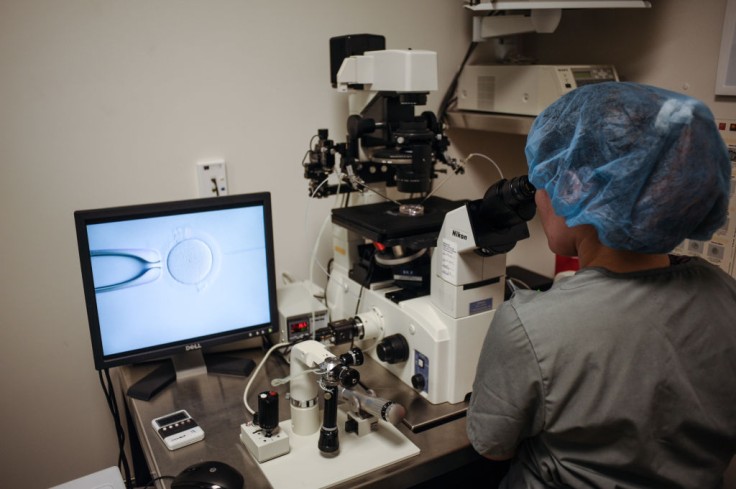
Babies conceived through fertility treatments, such as in vitro fertilization (IVF), are more at risk of developing major heart defects, according to a large study.
A new research---the largest study of its kind to date---analyzed the recorded of more than 7.7 million Nordic children. The research specifically focused on children born between 1984 and 2015 as a result of fertility treatments, the most common of which is IVF.
The study found that children conceived through IVF were at least 36% more likely to develop a major heart defect than those who were conceived naturally. This finding comes after previous research showed that babies conceived using fertility treatments were at higher risk of preterm birth and low birth rate.
Are the Findings Concerning?
Despite being at higher risk, the researchers noted that heart defects are still uncommon. The study authors found the defects in 1.15% of babies conceived naturally. This increased to 1.84% of babies born after assisted reproduction (ART) and 2.47% for IVF babies who were born as multiples.
READ ALSO: Children in North and South American Countries Are the Unhealthiest in the World, Study Finds
Additionally, the study found that the risk of heart defects did not change based on the procedure. This means the risks remained the same whether the parents underwent ICSI, wherein a sperm is injected into an egg; or IVF, wherein the sperm is allowed to penetrate the egg naturally in a lab dish.
Furthermore, the results also did not differ whether the implanted embryos were frozen before implantation or were implanted immediately after being fertilized.
Why Are IVF Babies at Higher Risk for Heart Defects?
The study did find a clear association between IVF and heart defects in babies. One theory noted in the research claims the process of IVF---which involves the extraction of a woman's eggs and transferring the fertilized egg into the uterus---could be responsible for the increased risk.
A second theory claims infertile parents may have genetic differences that increase their child's risk of developing a defect.
The researchers are hoping their findings could help other medical professionals detect heart defect diagnoses and life-saving interventions in babies conceived through IVF.
RELATED ARTICLE: 5 Things to Never Say to a Person Struggling With Infertility